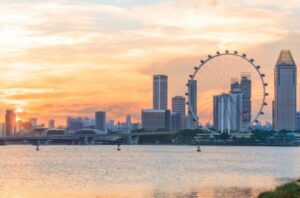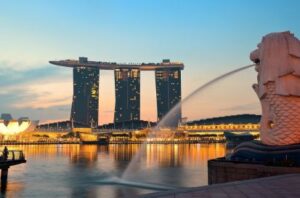SINGAPORE
Overview of the Singapore
Singapore, located at the southern tip of the Malay Peninsula, is a strategically positioned island city-state in Southeast Asia. It enjoys a tropical climate with consistent temperatures and high humidity throughout the year. The nation boasts a rich cultural tapestry influenced by its diverse ethnic communities, including Chinese, Malay, and Indian. Its robust healthcare system, efficient public transport network, and clean environment contribute to its high quality of life.
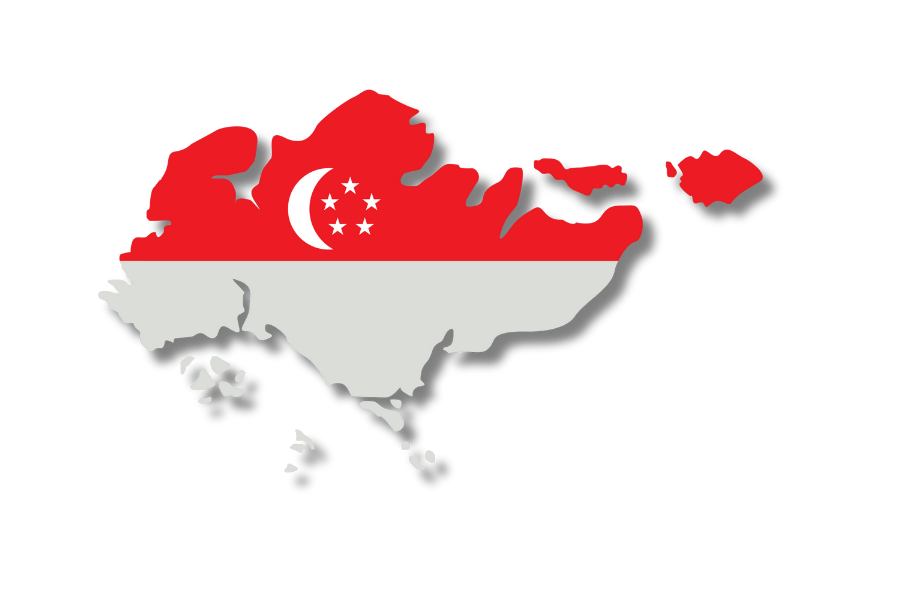
Renowned for its impressive infrastructure, Singapore consistently ranks among the world’s top global cities for innovation and quality of life. The city-state’s safety and security make it a favorable destination for immigrants, who benefit from ample opportunities in various sectors. With its thriving economy, excellent public services, and welcoming environment, Singapore remains a prime hub for international business and a desirable place for expatriates.
Percentage Distribution of Non-Immigrant Visa Holders in Singapore (2014-2023)
Percentage Distribution of Non-Immigrant Student Visa Holders in Singapore (2014-2023)
VISAS
Climate and Seasons

SPRING
Average temperature
is around 25°C to 31°C.

SUMMER
Average temperature
is around 25°C to 31°C.

AUTUMN
Average temperature
is around 25°C to 31°C.

WINTER
Average temperature
is around 25°C to 31°C.
WHY STUDY IN SINGAPORE?
Studying in Singapore offers a blend of high-quality education, cultural diversity, and a vibrant city life. Renowned for its world-class universities and cutting-edge research facilities, Singapore provides students with a robust academic foundation and opportunities for innovation. The country’s strategic location in Southeast Asia makes it a gateway to Asia-Pacific markets, enhancing career prospects in the region. Singapore’s emphasis on safety, cleanliness, and efficiency ensures a secure and pleasant living environment. Additionally, the multicultural society enriches the learning experience by exposing students to various perspectives and ideas. With strong connections to global industries, Singapore also offers ample internship and job opportunities, making it an attractive choice for international students seeking both academic and professional growth.
COURSES
Computer Science
Business Analytics
MBA
Mechanical Engineering
Major Courses Opted by Students (2014-2023)

Test Preparation at PVR Global Educational Services
PVR Global Educational Services offers tailored training for GRE, IELTS, PTE, SAT, GMAT, and Duolingo tests. Expert instructors provide personalized study plans, practice materials, and mock exams to boost proficiency in reading, writing, listening, speaking, and quantitative skills. Flexible scheduling and comprehensive support help students achieve high scores and succeed in their academic and professional endeavors.
Quick Facts about Singapore
Singapore boasts globally ranked universities like NUS and NTU, offering high-quality education and cutting-edge research opportunities.
Home to a multicultural society, Singapore provides a rich learning environment with diverse cultural experiences and perspectives.
Courses are predominantly taught in English, making it accessible for international students and facilitating smoother academic integration.
Known for its low crime rates and clean streets, Singapore ensures a safe and secure environment for students.
Situated in Southeast Asia, Singapore is a gateway to regional markets and international opportunities in the Asia-Pacific region.
International students require a Student Pass, which facilitates study and allows part-time work opportunities during the academic year.
While tuition can be high, living costs are moderate compared to Western countries, with affordable accommodation and food options.
Courses Opted by International Students in Singapore (2014-2023In Percentage)
Education System in Singapore
Compulsory for children aged 6-16, focusing on fundamental literacy and numeracy.
Grade System: Grades A to F; Primary (P1-P6), Secondary (S1-S4).
Duration: 6 years (Primary), 4 years (Secondary).
Average Fee: Public schools: minimal fees; Private schools: SGD 5,000-10,000 per year.
Post-secondary education including polytechnic and pre-university programs, offering specialized skills and foundational knowledge.
Grade System: Grades A to F; GPA scale.
Duration: 2-3 years for polytechnic; 2 years for pre-university (e.g., A-levels).
Average Fee: Polytechnic: SGD 5,000-10,000 per year; Pre-university: SGD 2,000-5,000 per year.
Undergraduate programs providing in-depth knowledge in specific fields of study.
Grade System: Grades A to F; GPA scale.
Duration: 3-4 years.
Average Fee: SGD 8,000-20,000 per year.
Postgraduate programs focusing on advanced study and research in a specialized field.
Grade System: Grades A to F; GPA scale.
Duration: 1-2 years.
Average Fee: SGD 20,000-30,000 for the entire program.
Highest level of academic degree focusing on original research and thesis completion.
Grade System: Pass/Fail; GPA scale.
Duration: 3-5 years.
Average Fee: SGD 30,000-50,000 for the entire program.

Identifying the Right Institution
Check global and national rankings like QS World University Rankings for a comprehensive assessment of university performance and reputation.
Ensure the university is accredited by relevant bodies, ensuring the validity and quality of the academic programs offered.
Review the qualifications and research output of faculty members to gauge the academic quality and industry relevance of the university.Examine the university’s research facilities and funding opportunities to assess its commitment to research and innovation in various fields.
Examine the university’s research facilities and funding opportunities to assess its commitment to research and innovation in various fields.
Evaluate the achievements and career progress of alumni to understand the university’s impact on professional development and employment outcomes.
ssess the quality of campus infrastructure, including libraries, labs, and recreational facilities, for a conducive learning environment.
Review the availability and quality of support services like counseling, career guidance, and academic assistance for student success and well-being.
No of Students placed in different sectors (2014-2023In Percentage)
Success Rate of Indian Students in the Singapore by Sector (2014-2023In Percentage)
Getting a Singapore Visa
Identify the specific visa type based on your purpose of visit, such as a study visa for education or a work visa for employment. Ensure you choose the correct category.
Review the official Singapore immigration website for detailed visa requirements including eligibility criteria, necessary documents, and any specific conditions tied to your visa type.
Prepare all necessary documents such as passports, proof of funds, educational certificates, and employment letters. Ensure documents meet the specific requirements outlined for your visa type.
Register on the Immigration and Checkpoints Authority (ICA) or the relevant visa application portal. Create an account with your personal details to start the visa application process.
Fill out the online application form accurately with your personal, travel, and purpose-of-visit information. Double-check all entries before submission to avoid delays or rejections.
Submit the required visa application fee through the designated payment methods on the application portal. Fees vary based on visa type and processing speed.
If instructed, visit a designated center to provide biometric data such as fingerprints and photographs. This step is often required for identification and security purposes.
For some visa types, you may need to attend an interview at the Singapore embassy or consulate. Prepare to discuss your purpose of visit and other relevant details.
For some visa types, you may need to attend an interview at the Singapore embassy or consulate. Prepare to discuss your purpose of visit and other relevant details.
Once approved, your visa will be issued. Check the visa details for accuracy and ensure it covers your intended stay. Collect or download your visa as instructed.
Ensure all documents are up-to-date and accurate. Keep copies of all application materials and receipts. Follow up with authorities if there are delays or additional requirements.
List of Universities



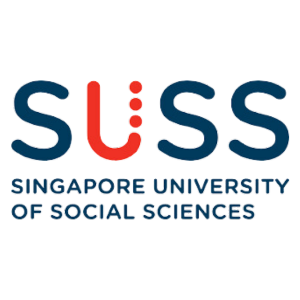
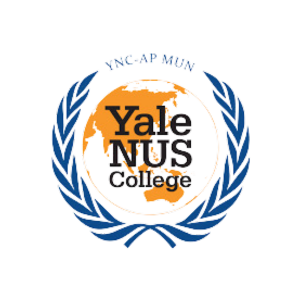


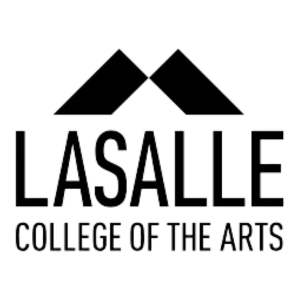
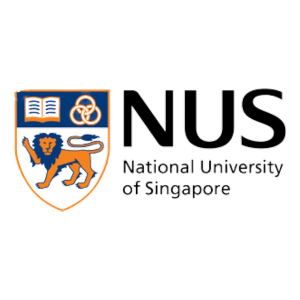

Intake details
Intake | Start Dates | Remarks |
|---|---|---|
Fall | September to October | Primary intake for most programs; peak admission period. |
Spring | January to February | Secondary intake; fewer programs available compared to Fall. |
Summer | May to June | Limited programs; typically for accelerated courses or specific programs. |
Winter | November to December | Not commonly used; available for some programs with specific start dates. |
Deadlines
Deadline Type | Fall Intake | Spring Intake |
|---|---|---|
Scholarship Deadlines | February - April | September - October |
Admission Deadlines | May - June | October - November |
Best Time to Start the Process | November - December | April - May |
Last Date to Apply for Admission | June - July | November - December |
Documents required
Document Type | Requirements | Remarks |
|---|---|---|
Passport | Valid passport with at least 6 months validity | Ensure passport is up-to-date. |
Academic Transcripts | Official transcripts from previous institutions | Must be in English or officially translated. |
Letters of Recommendation | Usually 2-3 letters from academic or professional referees | Should highlight academic/professional achievements. |
Statement of Purpose | Personal essay detailing goals and motivations | Tailor to the specific program or university. |
CV/Resume | Updated resume highlighting relevant experience | Include academic and work experience. |
Proof of English Proficiency | Test scores (e.g., TOEFL, IELTS) | Required for non-native English speakers. |
Application Form | Completed application form from the university | Fill out all required sections accurately. |
Financial Documents | Proof of financial capability (bank statements, affidavits) | Demonstrates ability to cover tuition and living expenses. |
Passport-Sized Photographs | Recent photographs as per university specifications | Usually required for identification purposes. |
Application Fee Receipt | Proof of payment for the application fee | Keep a copy of the receipt for records. |
